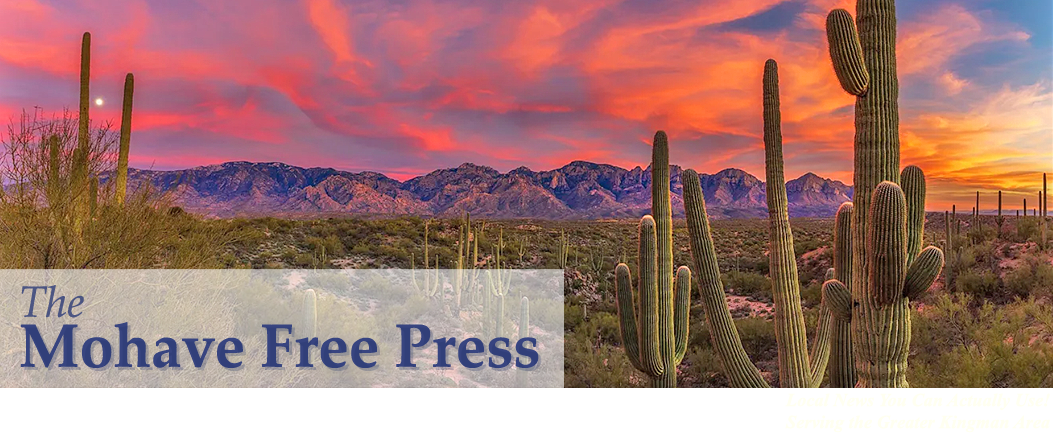In a move hailed by rural families and urban multi-generational households alike, House Bill 2708 was signed into law on September 25th, paving the way for homeowners to build or maintain additional residences on their properties without the bureaucratic red tape that once stood in the way. Dubbed the "Family Haven Act" by its sponsors, the legislation aims to address Arizona's housing issues by promoting accessory dwelling units (ADUs), such as backyard cottages, tiny homes, and garage conversions, while preserving property tax breaks for close-knit families.
The law, which takes effect January 1st, 2026, amends state statutes on property classification (A.R.S. §§ 42-12003 and 42-12053) to streamline approvals for secondary structures occupied by qualifying relatives. Previously, adding a second home often triggered reclassification as rental property, hiking taxes and inviting zoning headaches. Now, owners can house parents, adult children, or grandchildren in these units without losing the coveted primary residence status, which caps school-related property taxes at a 40% assessment ratio, saving thousands annually compared to the 18% ratio for rentals.
"Too many Arizonans are forced to choose between caring for aging loved ones and affording their own homes," said Rep. Quang Nguyen (R-Surprise), the bill's prime sponsor. "This isn't just about housing; it's about keeping families together in a state where costs are skyrocketing." Nguyen, whose district includes flood-prone rural areas, highlighted how the law could double as disaster relief, allowing quick builds for displaced relatives after events like the 2024 monsoon floods.
Under HB 2708, a secondary residence qualifies if occupied by the owner's natural or adopted child (or descendant), parent (or ancestor), or sibling. Owners must file a simple affidavit with their county assessor every two years, affirming the setup under penalty of perjury. Failure to respond prompts a 15-day grace period before reclassification to Class 4 (rental) status, with appeals available to the county board of supervisors. The Arizona Department of Revenue will roll out standardized criteria by mid-2026, including utility bills and vehicle registrations to verify primary use.
Supporters, including the Arizona Multihousing Association and AARP Arizona, praise the measure for tackling the state's housing shortage. "ADUs could add 50,000 affordable units statewide without sprawling into deserts," said housing advocate Maria Gonzalez of the Arizona Housing Coalition. Early adopters in Maricopa County, like retiree Elena Vasquez, are already planning granny flats. "My daughter and grandkids live with us now, but this gives us space without selling the farm," Vasquez said from her Queen Creek property.
Not everyone is cheering. Critics, led by the Arizona Farm Bureau, warn of unintended sprawl in agricultural zones. "What starts as a guest house could become a subdivision," said Bureau President Stefanie Smallhouse, citing potential water strain in drought-hit rural counties. Environmental groups like the Sierra Club echo concerns, claiming that relaxed zoning might erode green spaces. Meanwhile, some tax watchdogs fear abuse, with calls for stricter audits to prevent "family" loopholes for de facto rentals. The law builds on 2023 homestead tweaks that boosted equity protections to $400,000 but allowed creditor liens on secondary homes. HB 2708 adds teeth: Assessors must notify owners biennially, and the state can audit for compliance, with penalties for false claims including back taxes plus interest.
At the October 6th Board of Supervisors meeting, Mohave County got out ahead of this statewide change and supervisors voted to align the County Code with the new law. Instead of one additional family residence on your lot, you can now have one attached accessory residence and one detached accessory residence - two detached accessory residences if your lot is 1 acre or larger. Setbacks have also been reduced, and the allowable size of the accessory dwelling has also changed. Contact Mohave County Development Services for more information at: (928) 757-0903. All standard building permits and inspections apply.
As Arizona grapples with median home prices topping $450,000, the Family Haven Act signals a shift toward "gentle density." The potential to reduce the need for new homes could impact the local housing market. Implementation workshops kick off in November across Arizona, with full guidelines expected by year's end.

